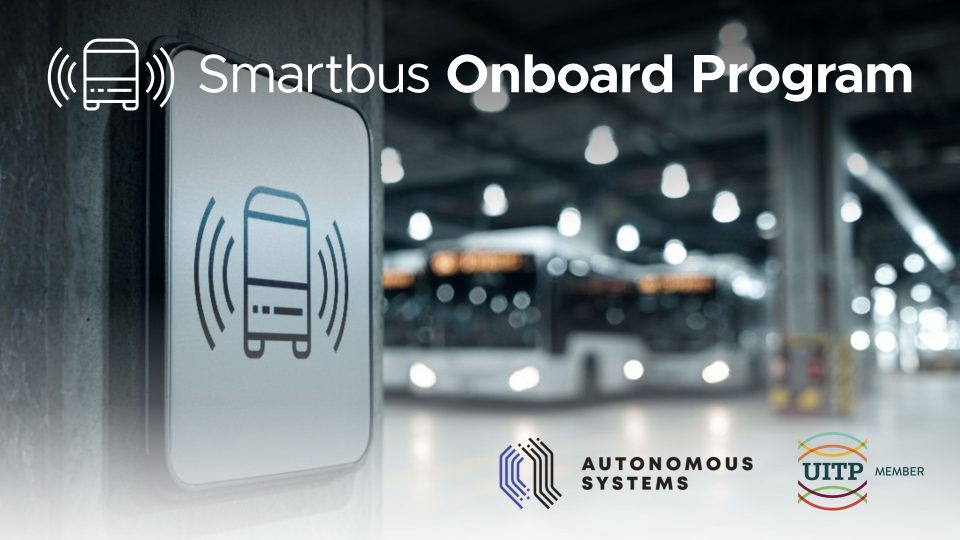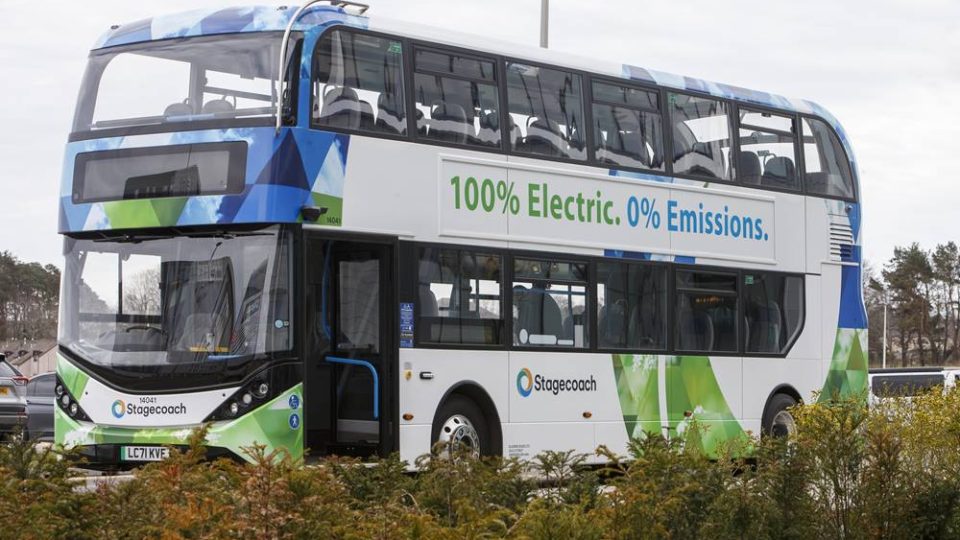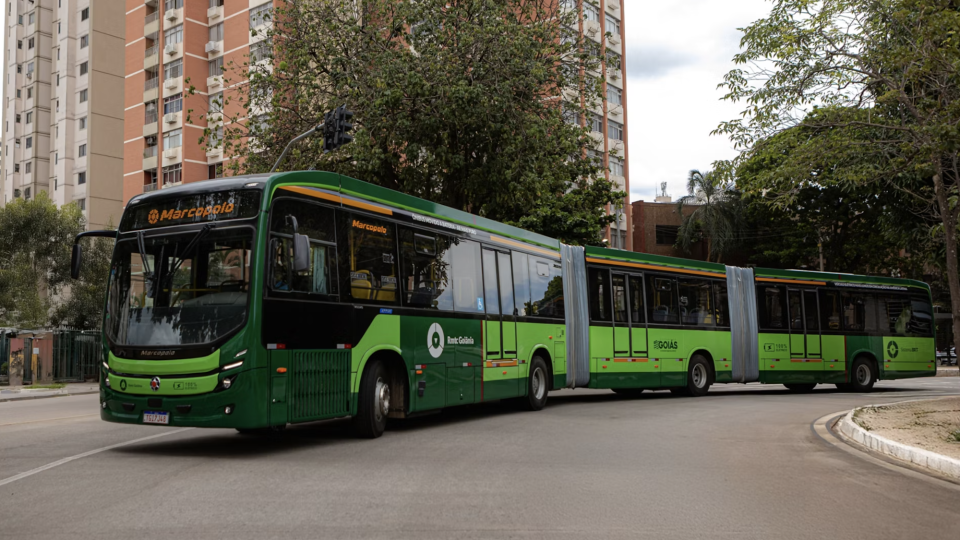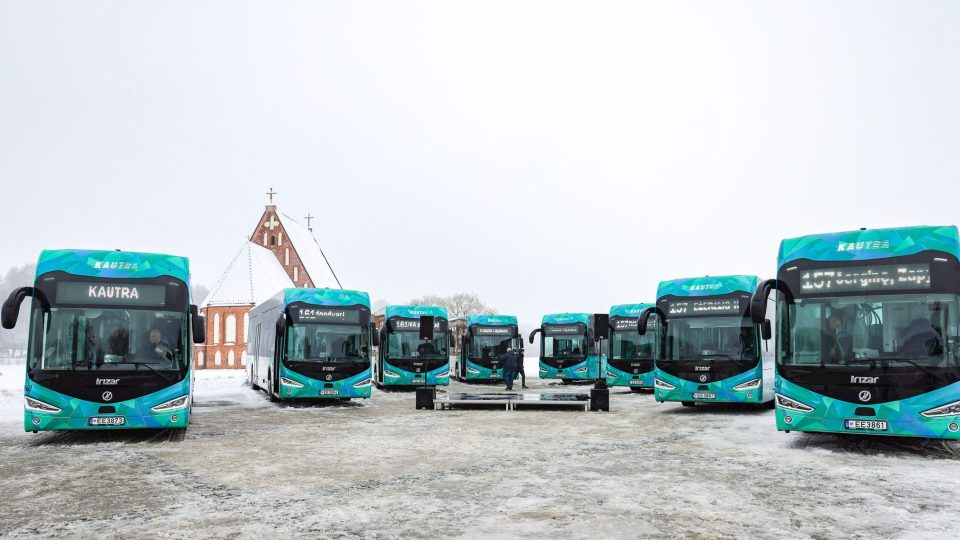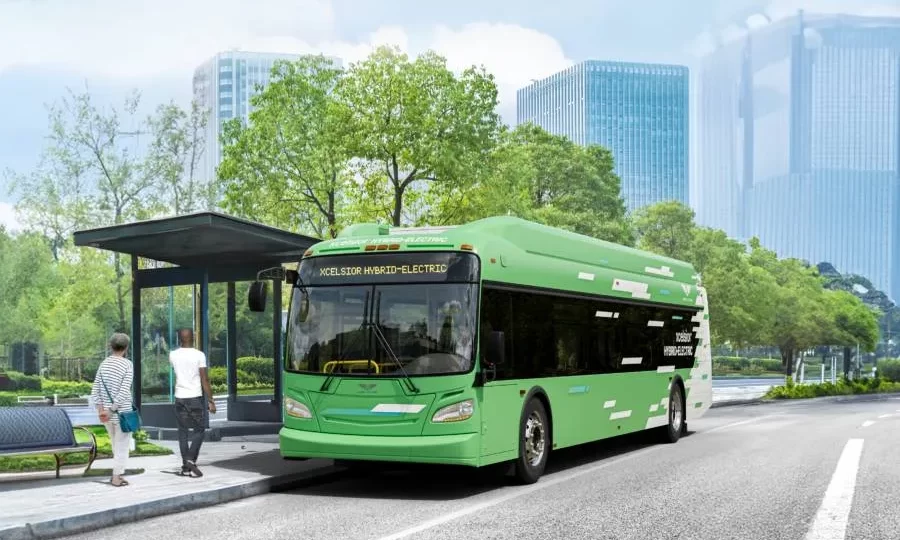CTE has released a Guidebook for zero emission bus deployment
The Center for Transportation and the Environment (CTE) has released a Guidebook for Deploying Zero-Emission Transit Buses, authored by CTE staff Meredith Linscott and Amy Posner and funded through the Transportation Research Board (TRB) of the National Academies of Sciences, Engineering, and Medicine. This newly-released publication «is the first comprehensive document that highlights key considerations for […]
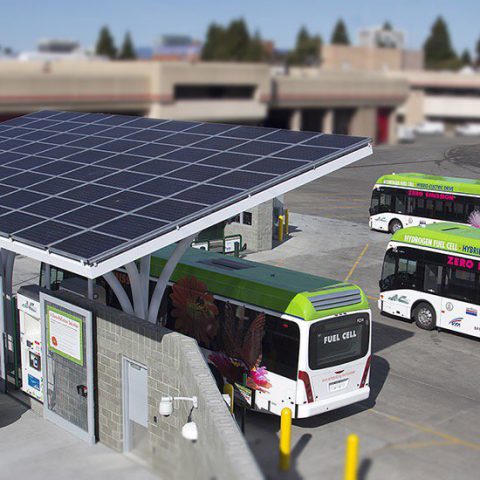
The Center for Transportation and the Environment (CTE) has released a Guidebook for Deploying Zero-Emission Transit Buses, authored by CTE staff Meredith Linscott and Amy Posner and funded through the Transportation Research Board (TRB) of the National Academies of Sciences, Engineering, and Medicine. This newly-released publication «is the first comprehensive document that highlights key considerations for zero-emission bus deployments and infrastructure», CTE claims.
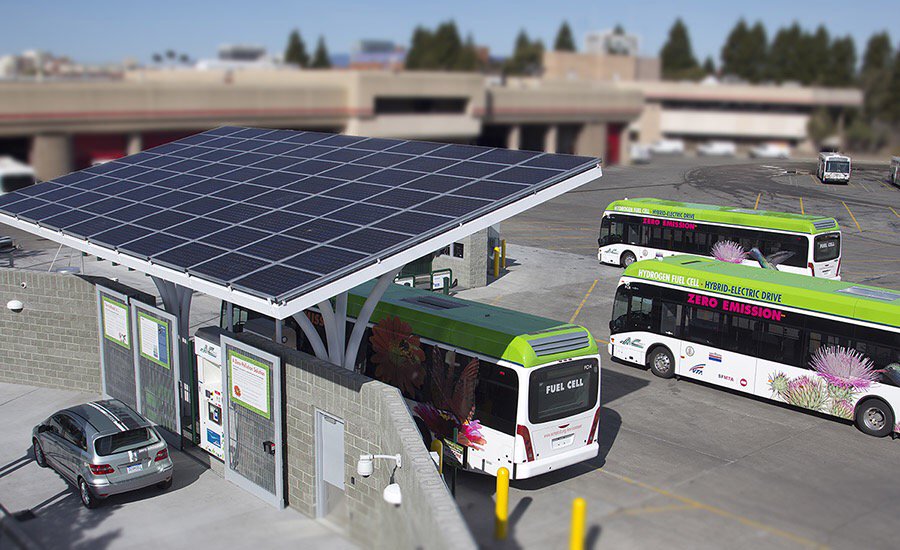
CTE Guidebook on e-buses
The Guidebook for Deploying Zero-Emission Transit Buses is designed to not only educate transit agencies on current best practices for zero-emission bus deployments but also to ensure that other non-profit and engineering firms that are providing technical assistance in this space utilize a consistent and effective approach. The resource guides users through each phase of a zero-emission bus deployment with the goal of maximizing benefits and mitigating risks.
The guidebook is based on CTE’s lessons learned from previous deployments, CTE’s in-house expertise, and the expertise of industry stakeholders. The publication will deepen transit operators’ understanding of zero-emission technology and support decision-making. It also emphasizes the importance of collaboration with technology providers, utility companies, fuel suppliers, and contractors.
“We want readers to have the information they need to make the best decision for their transit agency,” said Meredith Linscott, guidebook co-author. “CTE works to empower the end-user and facilitate the transition to zero-emission buses. We were excited to be selected by the Transportation Research Board to create this important tool.”
“CTE is proud to provide the Guidebook for Deploying Zero-Emission Transit Buses to transit agencies across the U.S. and Canada,” said Dan Raudebaugh, CTE Executive Director. “As a non-profit, CTE has spent the past 27 years making sure clean transportation technology deployments are successful. Our primary goal is to educate transit agencies and the engineering and planning firms that work with them on how to properly deploy zero-emission buses, so we can all enjoy the benefits these buses provide to both our climate and to our communities.”



